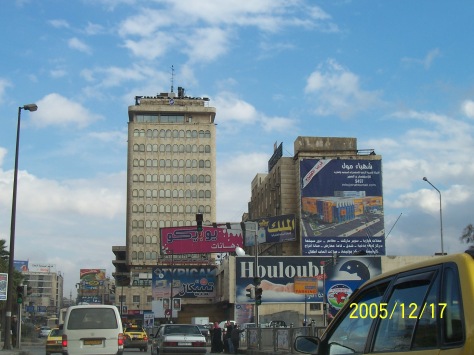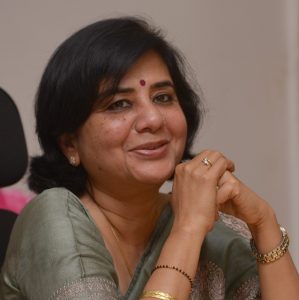A seed bank shifted from the International Center for Agricultural Research in Dry Areas (ICARDA) Aleppo, Syria to Lebanon in 2016. Years of research and valuable seeds that had remained safe in all the turmoil in Syria, had found another home. I remember visiting ICARDA in 2005, when Aleppo was a bustling city. Yellow, with fountains, lots of buildings, towering mosques, churches and of course the citadel.

ICARDA was situated about 30 km outside Aleppo. Indians played a prominent role in this institution for decades, and many were working there when we visited. An Indian at ICARDA had discovered a variety of chick pea that can be grown all year round, and it was called the ‘Saxena chick pea’!
Aleppo then had a lone Indian restaurant predictably called Taj Mahal. It also had a Mother Teresa Square. If you met anyone from Aleppo in Damascus, the entire conversation was replete with ‘In Aleppo, unlike Damascus…’ Much like the battle between Delhiites and Mumbaikars!
Aleppo was a city that clamored for attention – it hotly contested Damascus’s claim of being the oldest inhabited city in the world.
The Aleppo I remember had the graceful old Baron Hotel. Agatha Christie wrote the ‘Murder on the Orient Express’ while residing there. The Orient Express terminated at Aleppo in those days.
The city that exists in my memories had a long ancient history. The story goes that Abraham milked his cow in the city giving its Arabic name ‘Halab’ meaning milk. Aleppo finds mention in texts dating back to the 18th century BC. In Roman times, it was a major commercial link between the Mediterranean and Asia. The Byzantine era was followed by Muslim conquest. The Mongols also plundered the city in 1260 and again in 1401. It has suffered at least four disastrous earthquakes. Through this tumultuous history it had remained – alive and throbbing.
Prior to the unrest, on the broad world-class highway between Damascus and Aleppo, the distance of 360 kms or 224 miles could be easily covered in three hours. Lush green fields and scores of olive plantations surrounded the highway. As Aleppo approached, large hoardings advertising a variety of products, hotels and industries would start to sprout along the road. Soon enough, a skyline of medium sized buildings, dotted with dish antenna, interspersed with minarets of many mosques came into view. The rhythm of Aleppo could be sensed. Bustling market places, tree lined roads, parks and stone buildings. The city had an unmistakably European ambiance.
The Citadel of Aleppo, standing atop a hill was surrounded by souqs, hamams and the beautiful old city. The textiles of Aleppo were famous. Sitting on a pavement cafe, opposite the imposing citadel gate, sipping steaming tea used to be a highlight of a trip to Aleppo. Aleppo University had a sprawling campus, I remember meeting energetic professors there.
Our good friends in Aleppo, Hrayr Mooradian and his charming wife, Marie Alexander were Armenian Christians. Aleppo had the largest Christian population in Syria. The traditional Christian area immediately north of the old city was called Jdeide. There was a big Maronite church, a Roman Catholic Church and the Armenian Church tucked next to it. I remember the wonderful dinners hosted by our friends at the sprawling Armenian Club in Aleppo. I often wonder where Marie is these days, and wish for her well being.
Sitting far away in New Delhi, I read the news about Aleppo these days or watch the exodus from the ruins that now define the crumbling city. There are no words to describe how it feels.
I write this memoir of Aleppo not as an obituary to that vivacious city, but as a reminder to its people and all of us. Cities like Aleppo survive, they grow back, rebuild and rebound. They have to. They have centuries of civilization and history in their roots. Their edifices are built on reservoirs of civilizational wealth and wisdom. This strength of heritage is what ensured that the seeds and research at ICARDA survived, were duplicated and transported out to safety by the Syrian staff that had remained after all international staff left in 2012.

Gene Bank, Aleppo. (Photo courtesy: blogsnature.com/houseofwisdom)







Sensitive piece.
LikeLike
Thanks
LikeLike